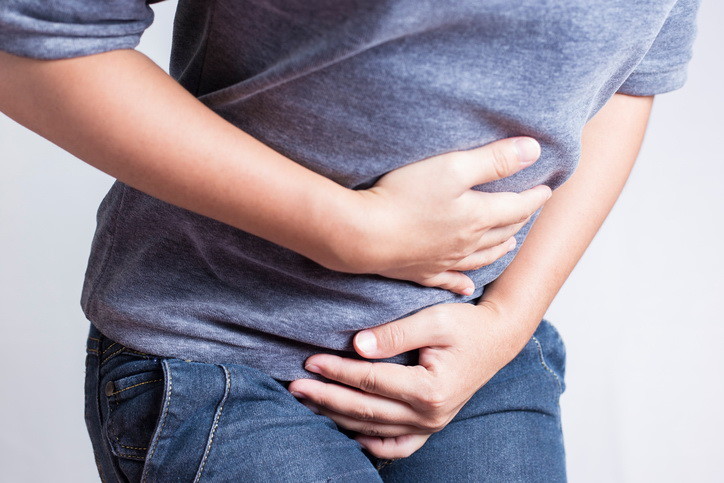After a collision, abdominal symptoms could mean serious injuries. If you developed an upset stomach after a car accident caused by another driver’s carelessness, please know that our Eason & Tambornini personal injury lawyers are ready to answer any questions you may have about traumatic injuries. Our lawyers can help you get answers as to why you feel dizzy after a car accident, why you are vomiting after a car accident, why you feel sick after a car accident, or why you developed a sore stomach after a car accident. For any concerns about traumatic injuries affecting your personal life, you may set up a free consultation with one of our attorneys to learn more about your legal options.

The dizziness you feel after a car accident may be due to a nerve or middle ear affectation.
A pinched nerve commonly happens during whiplash injuries. Say, for example, you were involved in a rear-end accident. Even though the impact forced your car to stop suddenly, you are still moving because the momentum throws you forward. In the process, your head forcefully flexes from the impact and then extends.
Many injuries could result from whiplash – cervical fracture, disc herniation, disc bulging, muscle tear, tendon, and ligament tear. All these could impinge the nerve supplying the part of the brain responsible for balance and position sense, so you feel dizzy and nauseous.
As for the middle ear, we have tiny hair cells and fluid here that detect body position and balance. During loud explosions like airbag deployment, these can get damaged and affect their normal functioning, causing dizziness.
The three most common causes of vomiting after a car accident are vertebrobasilar artery impingement, brainstem and cerebellum injury, and abdominal injuries.
The brainstem and cerebellum are the locations for the regulatory centers for vomiting and nausea. Any injury to these areas can result in impaired functioning and cause vomiting and nausea symptoms. Injury to these areas is typically caused by whiplash and head injuries, especially to the back of the head.
On the other hand, located in the neck region is the vertebrobasilar artery. It is the main artery that supplies the lower regions of the brain, including the brainstem and cerebellum. Any affectation of this artery can result in reduced oxygen in the brain. If these regions don’t get enough blood supply, it could result in injuries and impaired functioning.
Any injury to the abdominal area, especially if it affected the organs, can also cause nausea and vomiting.
Feeling sick after a car accident is normal and is oftentimes caused by a lot of things from stress from the traumatic event, neck injury, head injury, abdominal injury, etc.
In minor accidents, the symptom typically goes away after a few days of rest and medications. However, if the symptom persists or starts to worsen, you need to go back to your primary care physician or go to the emergency department to assess your injuries and receive proper medical care. There may be a more serious injury that needs to be addressed immediately like gastrointestinal hemorrhage, intestinal rupture, diaphragm injury, peritoneal injury, and injuries to the liver.
Physical examination, blood tests, imaging studies, etc. will be ordered to look for any injury that might be causing your symptoms.
There are many ways a car accident can injure your abdominal area. The seatbelt itself can cause injuries as it tries to restrain you from being thrown forward. Airbag deployment can also injure the abdomen as it deploys. Head-on collisions could push the steering wheel against your abdomen.
Any of these events can cause injury to the tissues. When there is an injury to the tissues, there will be inflammation. The immune cells flock to the injured tissues in an attempt to heal the wounds, and these immune cells release chemicals that signal other immune cells to go to the site. These chemicals, though, send signals and irritate nerve endings, so there can be pain and soreness.
These symptoms usually resolve on their own, but you can control pain and inflammation with meds, hot and cold compress, and rest.
What can you do?
Don’t ignore any of the symptoms you might develop after a car accident, especially if they start to worsen and do not improve with rest and medications. These could mean more serious injuries. If you or a loved one sustain injuries after a collision, please get in touch with an Eason & Tambornini car accident attorney. We can help you understand how a car accident can cause dizziness, vomiting, feeling sick, and sore stomach. Our auto accident lawyers in Sacramento regularly handle traumatic injuries following accidents, so give us a call if you are suffering from an upset stomach after a car accident.

